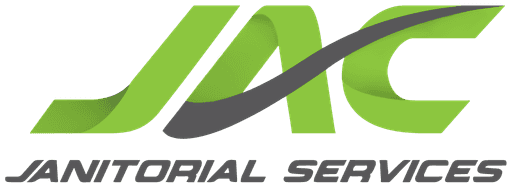7 Critical Reasons Why Medical Clinics Need Specialized Cleaning Services
Thursday, March 20, 2025
1. Patient Safety Depends on Proper Disinfection
Healthcare-associated infections (HAIs) affect approximately 1 in 31 hospital patients on any given day, according to the CDC. In outpatient settings, the risk remains significant. Professional medical cleaning services understand the difference between cleaning and disinfecting—a distinction that can literally save lives.
Unlike standard cleaning that focuses on appearance, medical-grade cleaning targets pathogens that are invisible to the naked eye but potentially deadly to vulnerable patients.
2. Regulatory Compliance Requires Specialized Knowledge
Medical facilities must adhere to strict cleaning standards established by organizations including the CDC, OSHA, and state health departments. Using a cleaning service without medical expertise puts your facility at risk of failing inspections and facing substantial penalties.
Professional medical cleaning services stay current with changing regulations and ensure your facility maintains full compliance at all times.
3. Terminal Cleaning Is Non-Negotiable
For surgical centers and procedure rooms, terminal cleaning—the complete disinfection of a room from ceiling to floor—is essential. This specialized process requires trained personnel who understand proper techniques, appropriate disinfectants, and necessary dwell times.
Standard cleaning companies often lack the training and protocols necessary for effective terminal cleaning, potentially leaving dangerous pathogens in critical care areas.
4. Cross-Contamination Prevention Saves Lives
Professional medical cleaning services implement specialized protocols to prevent cross-contamination between different areas of your facility. From color-coded microfiber systems to proper cleaning sequences, these practices are essential for preventing the spread of infections.
5. Biohazard Handling Requires Special Training
Medical facilities generate biohazardous waste that requires special handling procedures. Improperly trained cleaning staff may inadvertently expose themselves or others to dangerous materials. Professional medical cleaning staff receive comprehensive training in proper handling, disposal, and documentation of biohazardous materials.
6. Specialized Equipment and Disinfectants Matter
Medical environments require hospital-grade disinfectants with proven efficacy against specific pathogens. Professional medical cleaning services use EPA-registered disinfectants appropriate for healthcare settings and understand critical factors like contact time and application methods.
7. Your Reputation Depends on Cleanliness
In today's healthcare marketplace, patient satisfaction scores and online reviews can significantly impact your practice. A visibly clean, properly disinfected environment demonstrates your commitment to patient care and can positively influence patient confidence and retention.
Investing in professional medical facility cleaning isn't just about compliance—it's about protecting your patients, staff, and practice reputation.
Is Your Current Cleaning Service Meeting Medical Standards?
If you're uncertain whether your facility is receiving truly medical-grade cleaning, consider these warning signs:
Cleaning staff who don't understand terminal cleaning procedures
Lack of documented cleaning protocols specific to medical environments
No evidence of ongoing training in infection control practices
Using the same cleaning materials across different facility areas
Quick turnover times that don't allow for proper disinfectant dwell times
Don't compromise on cleaning standards when patient safety is at stake. Professional medical facility cleaning services provide the expertise, training, and protocols necessary to maintain a truly safe healthcare environment.
Ready to ensure your medical facility meets the highest cleaning standards? Contact us today for a comprehensive assessment of your facility's cleaning needs and learn how our specialized medical cleaning services can protect your patients and staff.







